Over 50s and eating disorders
We’ve become conditioned to believe eating disorders are a problem for the young and have forgotten those aged over 50 years who are struggling with weight and body issues. A new survey has found women over the age of 50 years continue to struggle with food and body size issues.
We’ve become conditioned to believe eating disorders are a problem for the young and have forgotten those aged over 50 years who are struggling with weight and body issues.
A new survey has found women over the age of 50 years continue to struggle with food and body size issues.
Cynthia Bulik from the University of North Carolina surveyed 1,849 women over the age of 50 years and found, of those, almost 10% said they used diet pills and 7% engaged in excessive exercise to control their weight.
About 3.5% reported binge-eating in the past month, which is similar to the proportion of young people who do.
About 70% said they were trying to lose weight and a third claimed they spent about 50% of the past five years dieting. A further 57% said they would be moderately to extremely upset to learn they had gained 2kg.
Ms Bulik said there was increasing pressure on older women to look younger.
“We have to keep our body looking 20 years younger than it actually is, and that’s an enormous amount of pressure for these women.
“That’s what sort of puts them on this slippery slope. They see the distance between what’s happening to themselves, their body and the societal ideal, and then they start engaging in really unhealthy weight control practices,” she said.
According to Ms Bulik, “we’ve lost the niche for the grandmother. We’re not allowed to look old anymore. We are all supposed to aspire to an ideal that isn’t realistic.”
Almost 60% of respondents also said their weight or shape negatively impacted their lives, and for many it was the most important measure of their self-esteem.
“I was actually saddened by that,” said Ms Bulik, whose work is published in the latest issue of the International Journal of Eating Disorders. “Those women who have disrespectful thoughts about their bodies… it’s really quite sad.”
“Say something positive about yourself that has nothing to do with your appearance,” Ms Bulik encouraged older women.
“Value all those things that make up who you are as a person and the things that are going to be there long after your appearance succumbs to age.”
Ms Bulik’s latest findings correlate with new British research recently reported on by DPS News which revealed a growing number of older British people – including those in their 70s and 80s – suffer from low self-esteem and anxieties relating to body image.
Professor Janet Ludwig of the University of Adelaide told DPS News as ageing was “universal”; Australia obviously faced similar issues with its ageing population.
“Change is confronting. Age is confronting. It is not surprising if older Australians take on a similar mentality to the British. There needs to be more awareness of the ageing body and we need to embrace it, not fear it,” she said.
Read DPS News’ story ‘Older people with body insecurities’ and comment on whether you are surprised by the study’s findings.
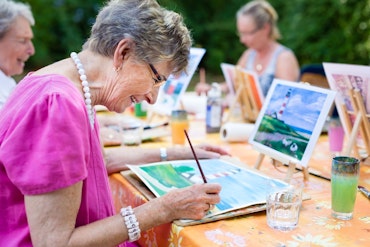
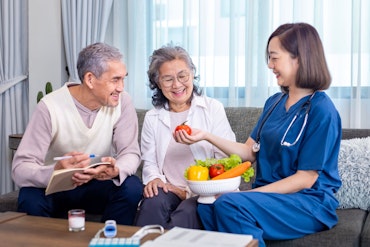
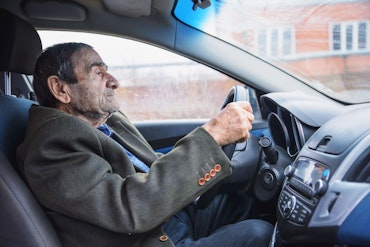
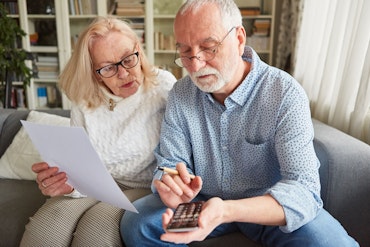
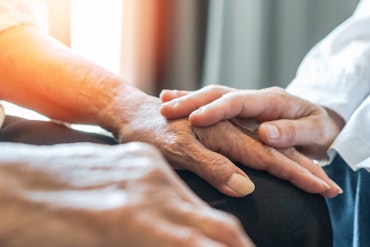














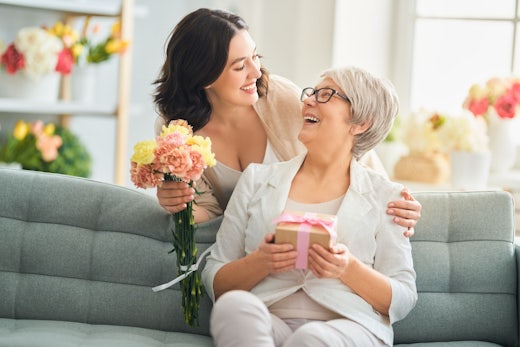
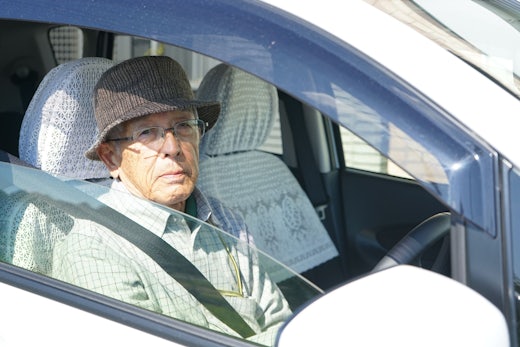
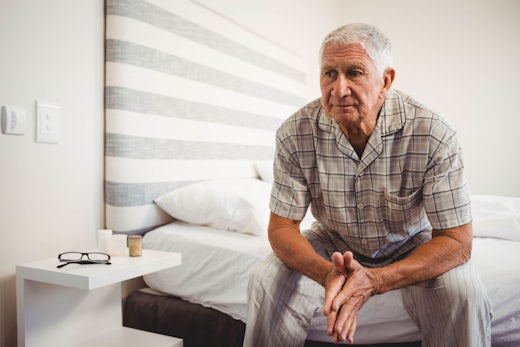
Comments